Prof. Dr. Tran Dinh Long, President of the Vietnam Plant Varieties Association (Vietnam Union of Science and Technology Associations) has just been honored as an Outstanding Citizen of the Capital in 2025. This is a worthy reward for a life dedicated to Vietnamese agriculture and the capital Hanoi, the land of a thousand years of civilization that he considers his second homeland.
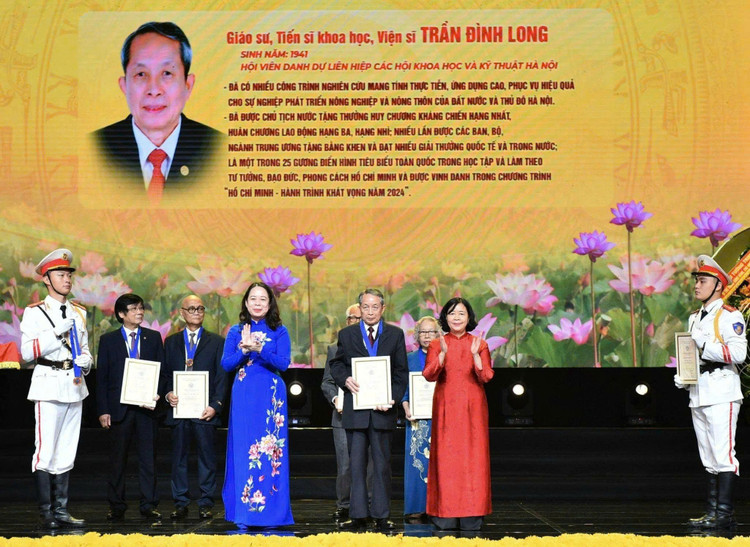
Hanoi is my second home
Talking to the reporter of Knowledge & Life, Prof. Dr. Tran Dinh Long, Chairman of the Vietnam Plant Breeding Association, who was recently honored as “Outstanding Capital Citizen in 2025”, shared his deep emotions. At the age of 84, he has lived and worked in Hanoi for more than 60 years, the land that has witnessed his entire career of research, teaching and dedication to Vietnam's agricultural sector.
“I was very surprised. Because I thought that only someone born in Hanoi could receive this title. I was very touched, because I have lived here for more than 60 years and consider Hanoi my second hometown,” he shared.

Prof. Dr. Tran Dinh Long said that from 2009 to 2021, he took on the role of Head of the Science and Technology Program for Agricultural Development in Hanoi. For more than 12 years working hard with colleagues, he and research institutes and departments have implemented many key projects to help the capital's agriculture transform strongly in an ecological, sustainable, and high-value direction.
One of the most profound imprints of the program is the conservation and development of native plant varieties, especially specialty vegetables.
“We have compiled a list of 42 endemic vegetable species of Hanoi, including the rare Lang basil variety from the Ly Dynasty, a true 'treasure' of Hanoians,” he said.
With the view that Hanoi cannot do low-income agriculture. It must do high-value, organic, circular agriculture, he and his research team have promoted the direction of high-tech agriculture. With Phalaenopsis flower models in Dan Phuong, he helps farmers earn up to 2-3 billion VND/ha, or mushrooms exported to Japan, biological breeding, high-quality rice cultivation HDT10 and Japonica DS3 (VAAS-16)... all bring high income.
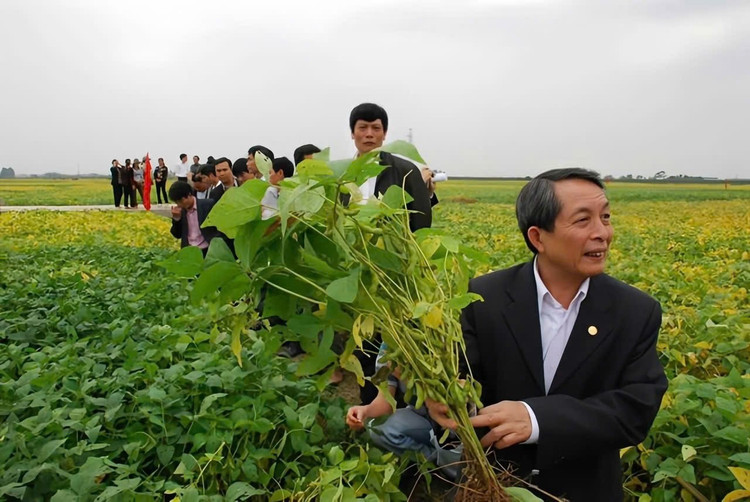
Not only doing research, Professor Long also directly organized hundreds of training classes, “holding hands and showing how to do things” for farmers in all districts of Hanoi. For him, science is only meaningful when it reaches farmers, when new seeds and new techniques help them truly change their lives.
“The title of Distinguished Capital Citizen not only honors me personally but also honors the collective of scientists who have contributed to Hanoi. I am just a small grain of sand in the vast ocean, but to be recognized by the city, I feel honored,” he shared.
Preserving the spirit of the homeland, the source" to nurture the passion for growing plants
Professor Tran Dinh Long was born in 1941 in Phu Tho, a midland region with a rich agricultural tradition, which he calls the “source” that nurtured his lifelong passion for plants. Perhaps that is why, despite spending more than half a century in Hanoi, he still talks about his homeland and its endemic plant varieties with pride.
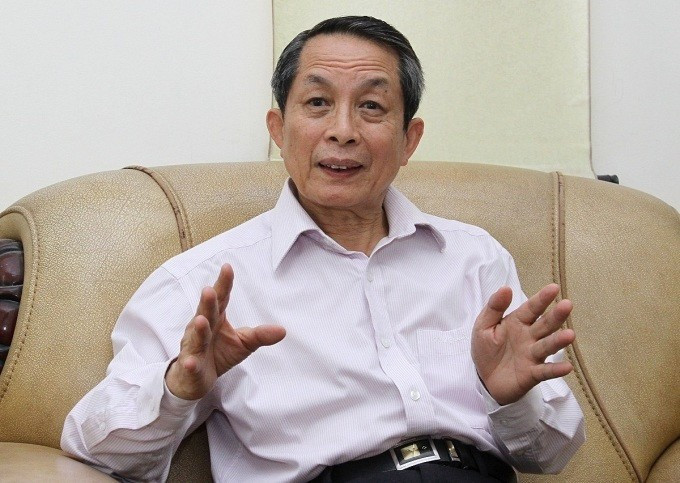
“Doan Hung grapefruit is a famous specialty of Phu Tho, later brought to Hanoi to become Dien grapefruit, but its origin is still from Doan Hung. Or midland tea from the French period has been researched as a very special tea variety, with its own flavor that cannot be found anywhere else,” he said, his voice full of pride.
In particular, he said, Phu Tho also has lacquer trees, a tree species that produces precious resin, not only serving traditional lacquer art but also being applied in high-tech materials, even in the aerospace field.
Phu Tho is also home to Xuan Son National Park, covering tens of thousands of hectares, a “biological treasure” with many rare species of animals and plants. For him, that is an invaluable potential for developing green, organic and sustainable agriculture.
He is currently preparing with scientists for the Scientific and Technological Conference on Phu Tho Economic Development to 2030, with a vision to 2045, with the goal of building a modern midland agricultural model while still maintaining regional identity.
“Phu Tho must develop sustainable agriculture, but not forget its roots which are its specialty crops. That is the soul of the ancestral land,” he said.
Pickled cassava, Doan Hung grapefruit, midland tea... always in memory
Talking about pickled cassava leaves, a rustic dish that almost every Phu Tho resident grew up with, the professor laughed heartily: “That is so delicious! Sometimes I still get 'aid' from my hometown.”
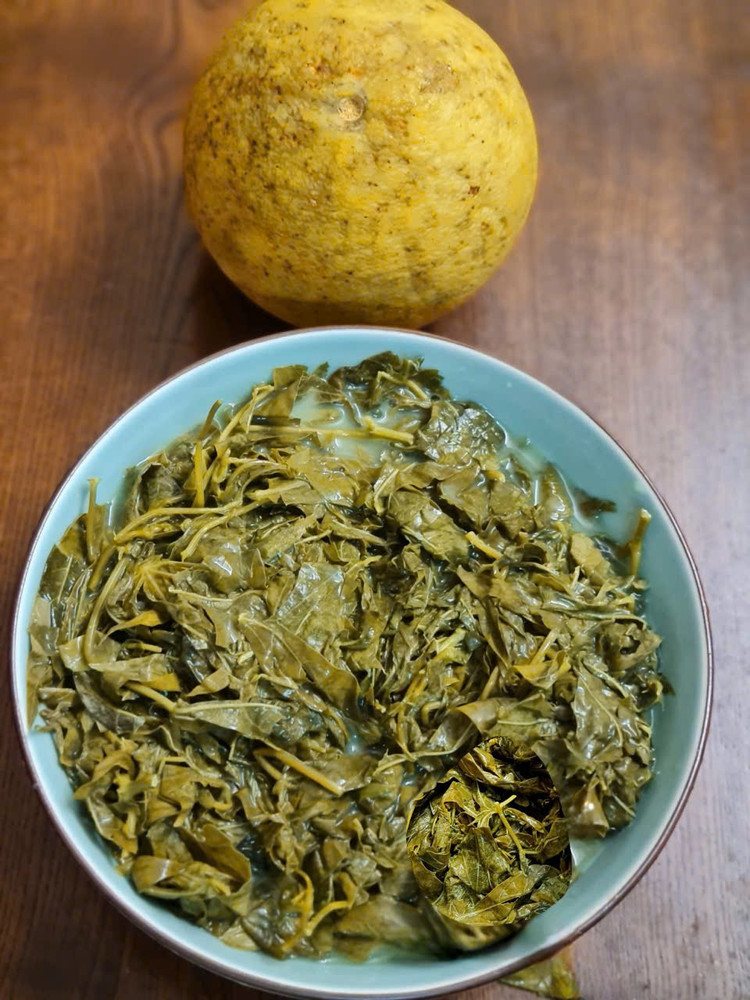
He talked about the Cam Khe cassava variety, which is fresh, chewy, yellow, and has a distinctive aroma, another pride of his hometown. He said that while industrial cassava is becoming a billion-dollar export product, more attention should be paid to developing a closed value chain, from varieties, cultivation, processing to national brands.
“In the past, people said that places that grew cassava were poor. Now things are different. But if we want cassava to develop sustainably, we have to intercrop legumes to improve the soil, following the value chain, and not doing it alone,” he said.
Recalling the Doan Hung grapefruit specialty, he said that to preserve the distinctive flavor of the specialty fruit, it is necessary to restore the original variety, plant it in a suitable climate, and take proper care. “Even if the variety is good but not in the right place, the flavor cannot be preserved,” he said.
A lifetime devoted to the fields, when mentioning Doan Hung grapefruit, pickled cassava or midland tea, one can clearly feel the emotion and excitement in his voice. It is not only the flavor of memories, but also the root that nurtures him, a scientist who has devoted his life to agriculture. For him, doing science means preserving the soul of the countryside, so that knowledge can go from the laboratory to the fields, from the hands of researchers to the people's meals.
Prof. Dr. Tran Dinh Long was born in 1941 in Phu Tho. He is the President of the Vietnam Plant Breeding Association and an academician of the Russian Academy of Agricultural Sciences. He has more than 60 years of research, teaching, and technology transfer in the field of plant breeding.
He is considered the "pioneer of modern genetics and plant breeding in Vietnam", having presided over many state-level projects, creating dozens of varieties of rice, soybeans, peanuts, green beans, and vegetables with high productivity and value.
He is the author of 26 new plant varieties recognized as national varieties: 10 soybean varieties, 6 peanut varieties, 4 green bean varieties, along with rice, sweet potato, sesame, and stevia. Two varieties granted copyright protection are Peanut L23 and Soybean DT26 - the pride not only of him personally but also of the entire agricultural science of Vietnam. These plant varieties are being widely developed throughout the country's ecological regions, helping to increase productivity by 15 - 20%, improving the lives of tens of thousands of farming households.
From 2009-2021, he was the Head of the Science and Technology Program for Agricultural Development in Hanoi, contributing to bringing the capital's agriculture towards ecological and sustainable development. He is a member of the Central Council of the Vietnam Union of Science and Technology Associations. Honorary member of the Hanoi Union of Science and Technology Associations.
He was awarded the First Class Resistance Medal, Third Class Labor Medal, Second Class, Russian Federation Friendship Medal, and many other domestic and international titles. The honor of “Outstanding Capital Citizen” recognizes the persistent, humble but profound contributions of a lifetime of science for farmers and the country.
Source: https://khoahocdoisong.vn/gstskh-tran-dinh-long-tu-canh-dong-trung-du-toi-cong-dan-thu-do-uu-tu-post2149060619.html


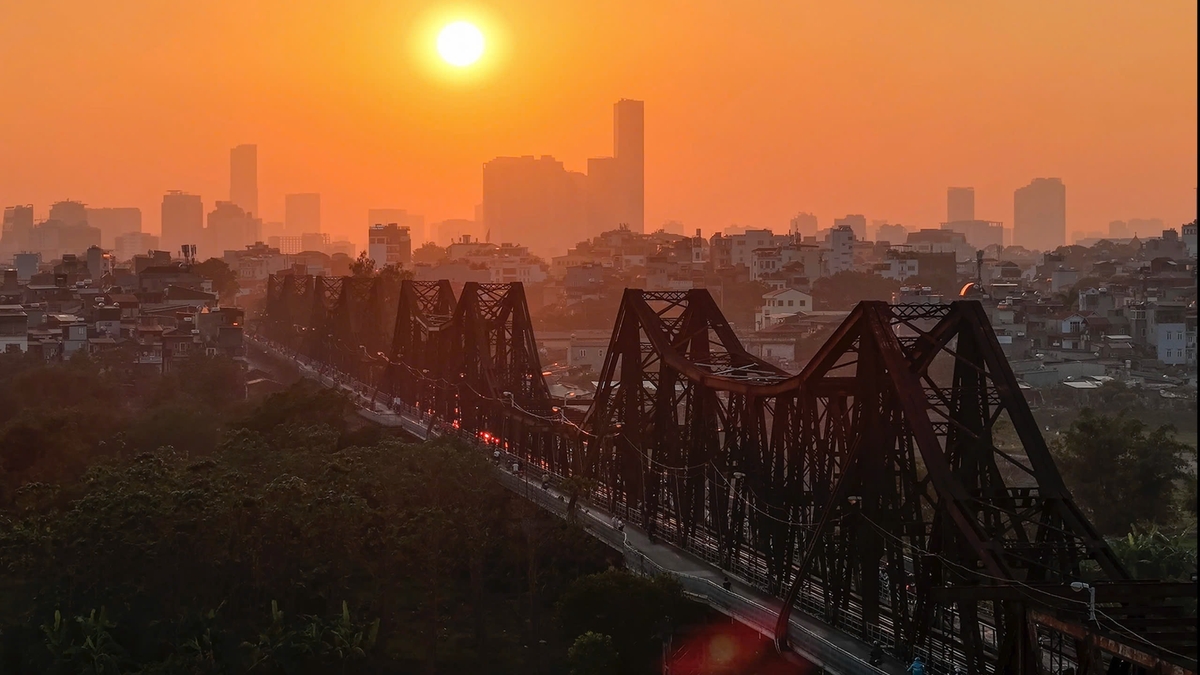
![[Photo] Conference of the Government Party Committee Standing Committee and the National Assembly Party Committee Standing Committee on the 10th Session, 15th National Assembly](https://vphoto.vietnam.vn/thumb/1200x675/vietnam/resource/IMAGE/2025/10/15/1760543205375_dsc-7128-jpg.webp)
![[Photo] Many dykes in Bac Ninh were eroded after the circulation of storm No. 11](https://vphoto.vietnam.vn/thumb/1200x675/vietnam/resource/IMAGE/2025/10/15/1760537802647_1-7384-jpg.webp)
![[Photo] The 18th Hanoi Party Congress held a preparatory session.](https://vphoto.vietnam.vn/thumb/1200x675/vietnam/resource/IMAGE/2025/10/15/1760521600666_ndo_br_img-0801-jpg.webp)


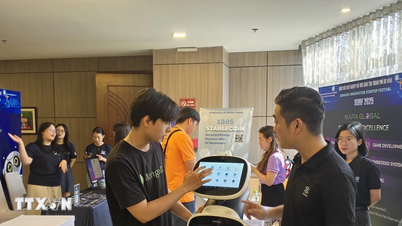

![[INFOGRAPHIC] Little known facts about impeached Madagascar President Rajoelina](https://vphoto.vietnam.vn/thumb/402x226/vietnam/resource/IMAGE/2025/10/15/1760529705041_tt-madagascar-anh-thumb-jpg.webp)
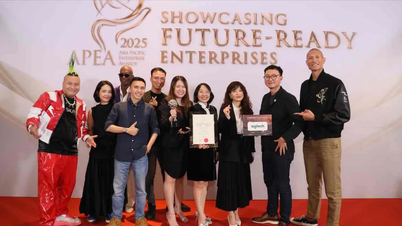

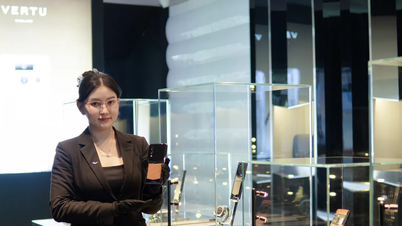
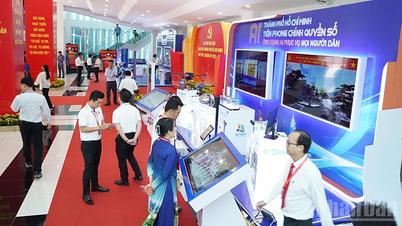







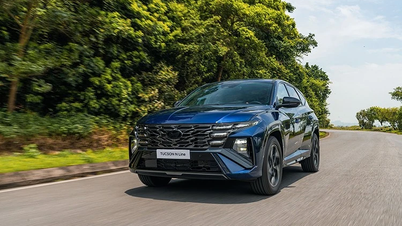
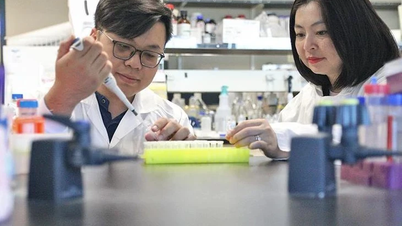

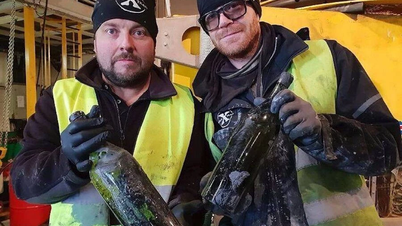

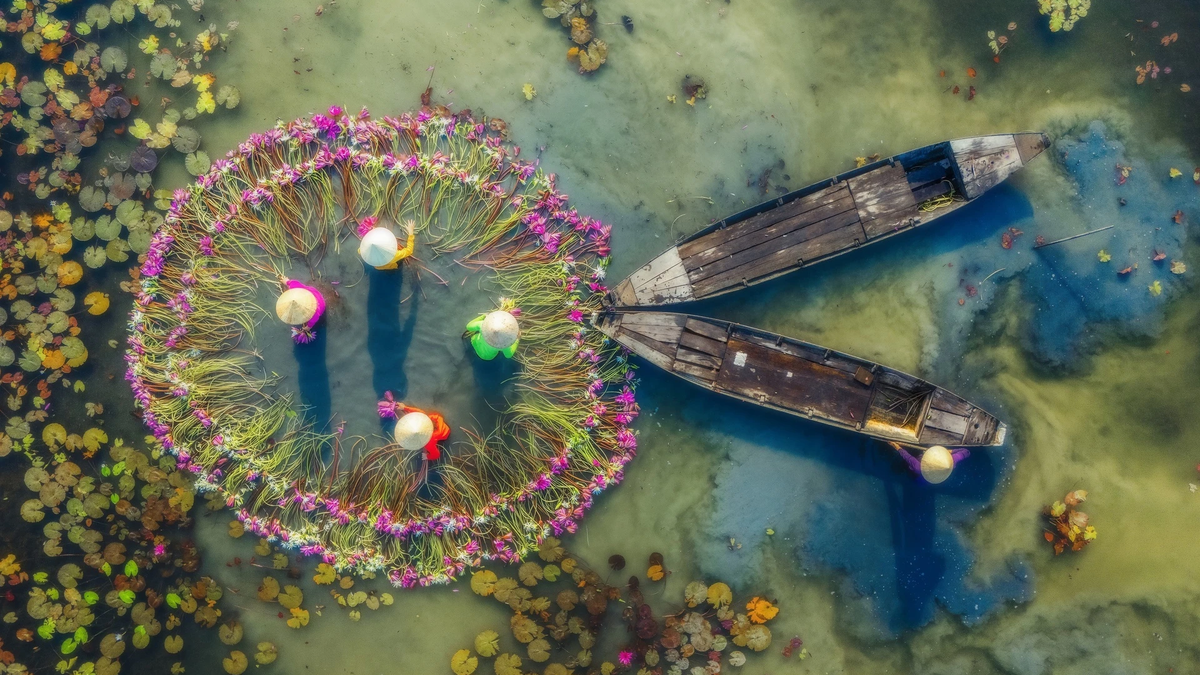


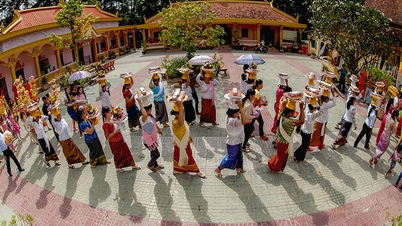

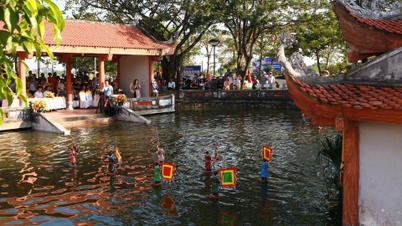
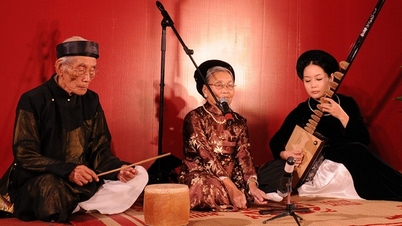


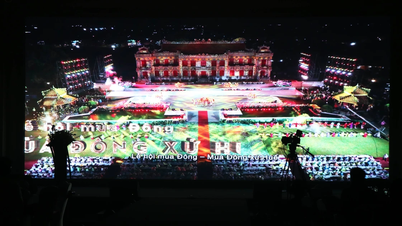
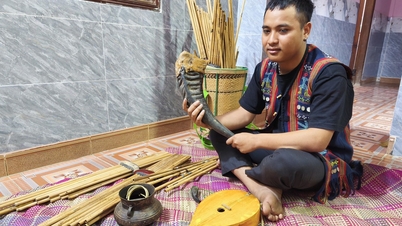

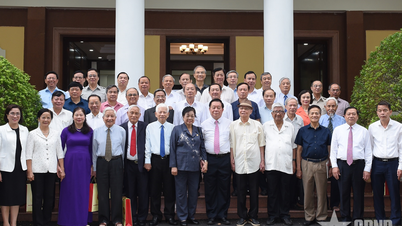

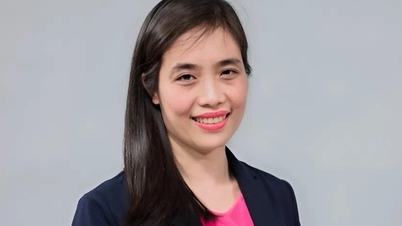

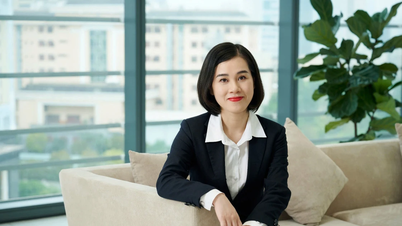
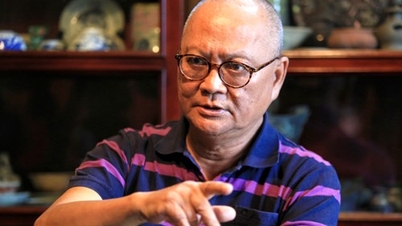
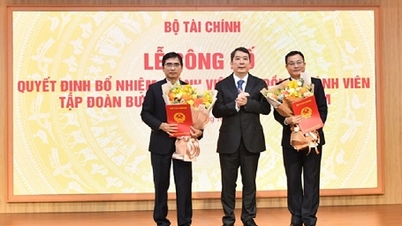

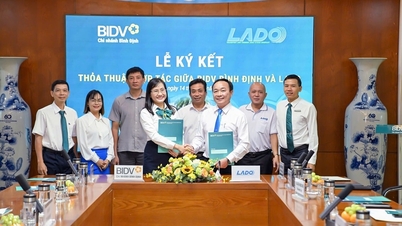

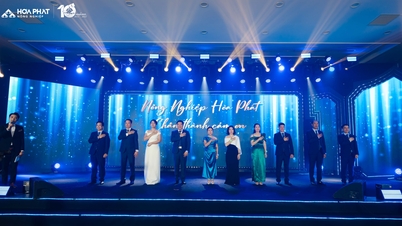









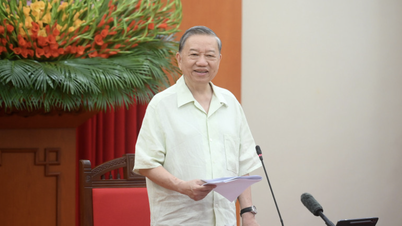
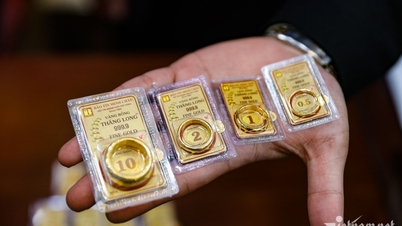

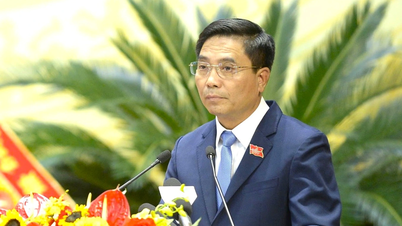
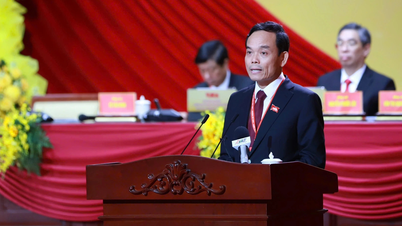
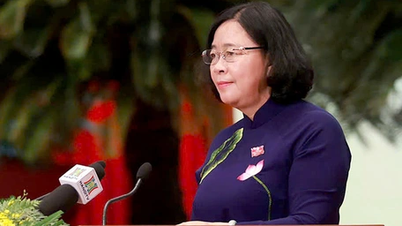

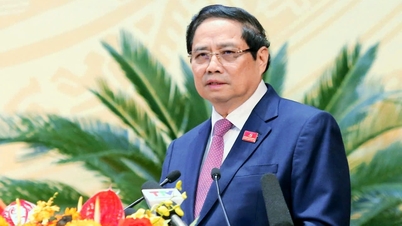
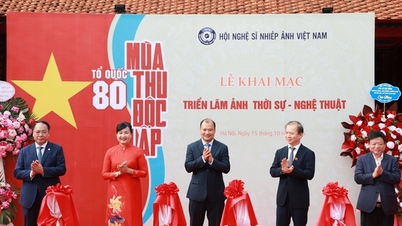

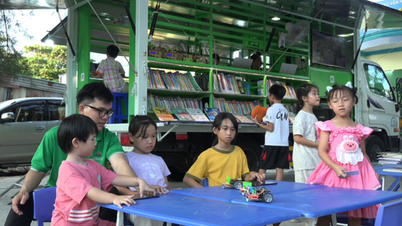
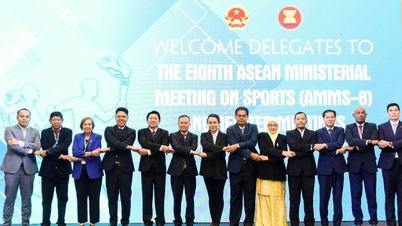
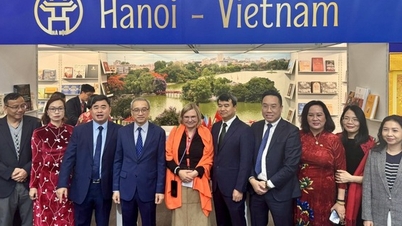
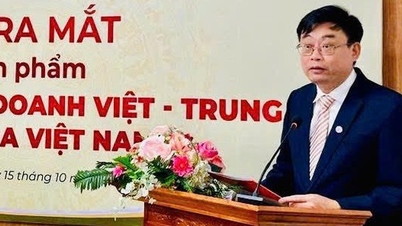

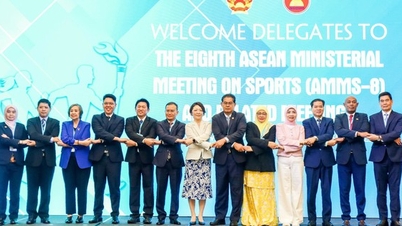
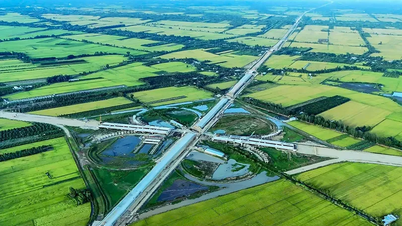

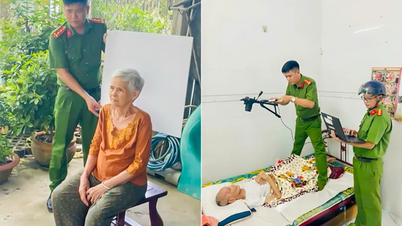
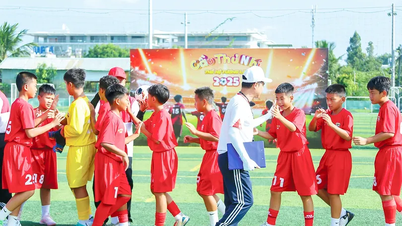
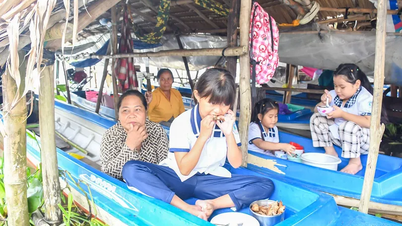
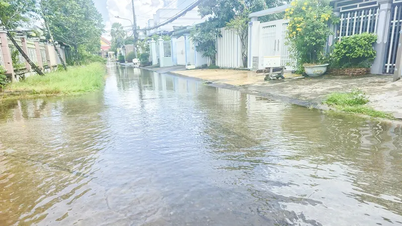








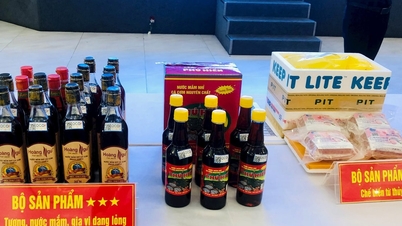








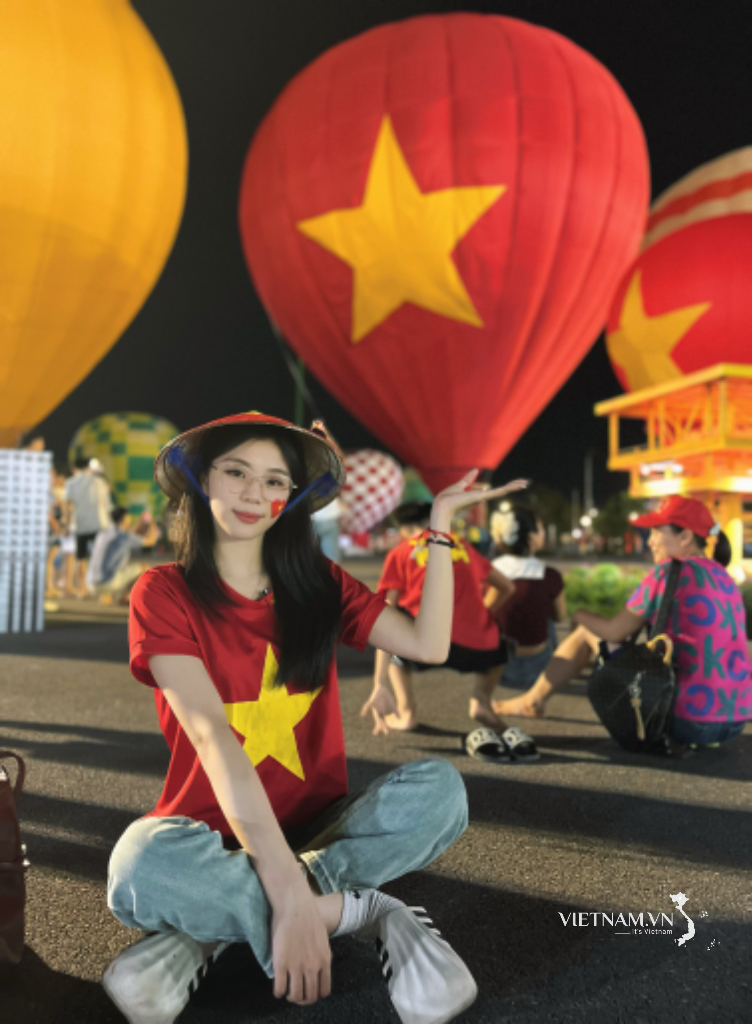
Comment (0)